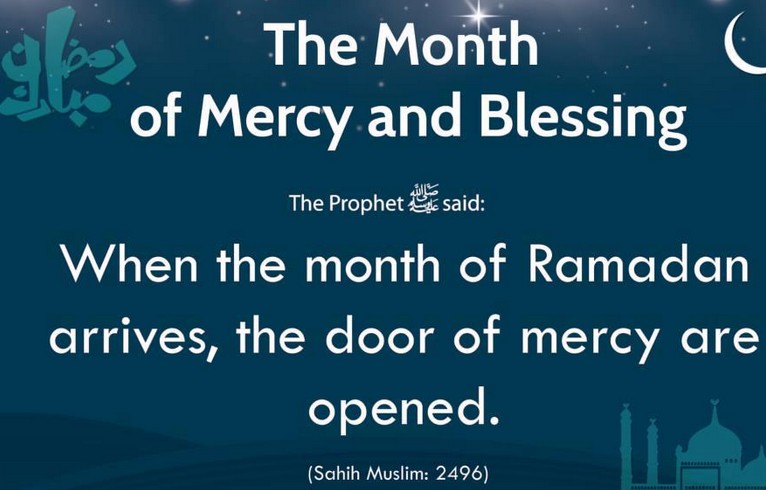Prophet PBUH would not start fasting in Ramadan until there was verified sighting of moon that indicates the beginning of Ramadan or with the testimony of two trustworthy Muslim witnesses. But when there was no testimony or sighting or the night of 30th day of Shabban is cloudy, he used to complete 30 days for Shabban. Holy Prophet PBUH used to forbid Muslims to fast a day or two before the start of Ramadan.
Holy Quran was descended on Prophet PBUH on the night of Power in one Ramadan and received its first verses in cave of Hira. After that time, Hazrat Muhammad SAW taught us how to celebrate this blessed month of fasting. Each night of Ramadan is a night of gratitude and it is the best month for Muslims to increase their good deeds. Following are these conducts of Holy Prophet PBUH in Ramadan:
Making Suhoor
Holy Prophet SAW used to eat dates for his Suhoor meal and he would also encourage his companions to take Suhoor even it was only a gulp of water. ZaydibnThaabit RA said:
“We ate suhoor with the Prophet SAW then he stood up to pray.”
Anas RA once asked him, how long was the time between Suhoor and Azan? He replied that the time between Fajr prayer and Sehri was the extent it takes a person to recite fifty verses of Quran.
Seclusion: Refreshing the Soul
Highest point of Ramadan for Muslims is seeking the night of power (Laylat-al-Qadr) during the last ten days of Ramadan. One act of worship the Holy Prophet PBUH emphasized particularly during these last ten days is Iteqaaf. It is a spiritual retreat in which one spends his/her time in isolation and dedicate it to Allah SWT’s worship and remembrance of Allah Almighty.
Hazrat Muhammad SAW has taught us how to utilize Ramadan. It is a month for renouncing our desires for self-gratification and for preventing ourselves from bad deeds. Holy Prophet SAW especially encouraged Muslims to support and uplift the other less fortunate Muslims in Ramadan.
